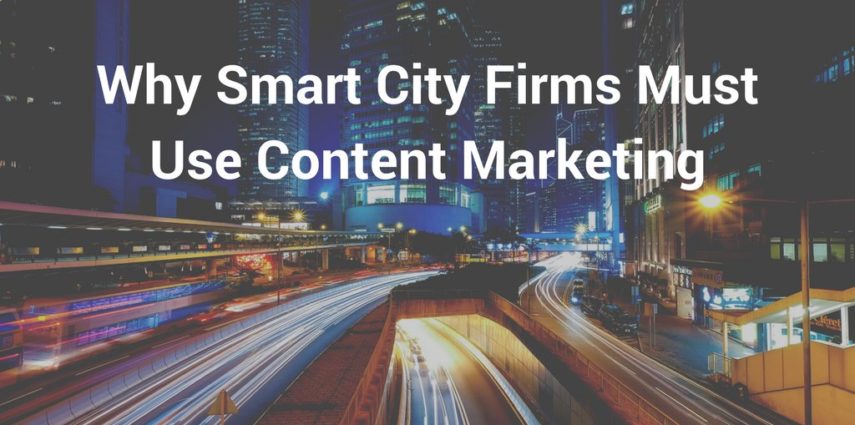Cities are growing: by 2050, an estimated 66% of the global population will live in urban centers. Urban population growth, alongside other factors such as globalization, changing geopolitical landscapes and greater freedom of movement, is increasing demand for urban resources and services. It is also putting pressure on cities to develop their economies, optimize city-management and attract global talent. These challenges are also opportunities, however, in that they are providing the stimulus for a whole host of solutions that render cities not only more efficient and effective, but also more citizen-friendly.
In his work The City in History: Its Origins, Its Transformations, and Its Prospects (1961), Lewis Mumford proposed a historical vision of the city as an intrinsically communicative space. Conceptualizing the city as a place of constant interaction allows us to understand the current emphasis in urban policy-making on multi-stakeholder strategies and citizen engagement. Recognizing the city’s fundamentally communicative nature means acknowledging the important role that every agent of city life plays in the functioning – and success – of the urban ecosystem. The key to successful cities is, therefore, effective communication and cooperation. The process of adapting cities to cope with increasing population density must not only prioritize but also actively engage with those who inhabit and ‘live’ the city, if it is to be successful in the long-run.

By 2050, over two-thirds of the world population will live in cities like the one pictured here (New York).
Many of the solutions to urban problems thus lie in improving communication networks in order to make cities more ‘readable’ through, for example, urban mobility solutions that rely on real-time citizens’ data or new community engagement tools, such as online civic forums. New technologies are an integral part of these new urban growth solutions, whether from a top-down (e.g. government smart initiatives) or bottom-up (e.g. civic hackathons, blockchain energy-grids) approach. The smart cities sector, focused on making cities ‘smarter’ through new technologies, is perfectly positioned to provide these solutions – the digital world is after all, like the urban one, founded on communication. From civic technologies to interactive mobility maps, smart city organizations are offering services that optimize city-management and communication networks in conjunction with citizens, with or without the involvement of the local authorities.
The recent explosion of growth in this sector, however, means that it is increasingly difficult for smart city organizations to stand out from the crowd. Effective communication, vital to the success of the smart city, is also essential to the smart city business; leading brands are defined by a voice that can be heard above the crowd. One way to form an authentic and authoritative brand voice is through content marketing. With the aid of this tool, smart city organizations can inform, educate and share the benefits of their products and services with their target audience, while also demonstrating their commitment to democratic communication and civic participation.
Benefits of content marketing for smart city firms:
Content marketing for smart city organizations allows them to:
Position themselves as thought-leaders

Elon Musk demonstrates of the power of thought leadership. (Foto by JD Lasica)
The term ‘smart city’ was coined towards the end of the 20th century. The industry is therefore still in its early days, giving smart city organizations the opportunity to position themselves as thought-leaders in this nascent space. Brands who go beyond simply selling their services and actually demonstrate their genuine passion for urban innovation (through, for example, maintaining a regular smart cities blog) are the ones that will be perceived as industry leaders. By making their voice not only the loudest, but also the most informative and interesting, these organizations will define themselves as leaders in a sector where pioneers are still being defined.
Drive inbound leads
As we have seen, content creation places businesses firmly on the map. This has its side-benefits: if you are perceived to be an authority on a subject, your expertise will be sought and rewarded. The increased brand visibility and reputation that comes with an effective content marketing strategy helps to attract new customers without the need to invest significant amounts of time and money on business development and outreach. Smart city organizations who invest in content can therefore not only increase their profits, through a steadily-growing client base, but also improve their brand reputation, as they become the known brand – with a recognizable voice – that people go to first for smart city services.
Attract the best talent

Thought leadership can not only help in finding new leads but also in attracting new talent.
As thought-leaders in the emerging smart cities space, businesses will not only attract new clients, but also new talent. Organisations with greater brand visibility and authenticity attract the best talent on the market, while also saving money on headhunting and recruitment. Brand authenticity is also particularly important for millennials, who look to work for companies with an authentic desire to help others. Increasing brand visibility and value through effective content is therefore a tool for hooking in the ‘A-players’ in the smart cities sector who can make significant contributions to a business’ long-term success. Producing content builds the intrinsic value of organizations, ensuring that the most skilled and committed talent will be dying to join them on their mission.
Prepare for the future
Content marketing will be a major part of the smart cities of the future, where companies will use the IoT to directly target customers with content that is adapted to their mood, travel route, recent purchases, and more. Building a solid content marketing base will therefore set smart city organizations in a good position for future developments. The businesses who have a solid content marketing strategy now will be ready to adapt to the marketing landscape of the future cities they have been instrumental in creating. This will ensure that they can provide adapted content wherever and whenever for their target audience.
Demonstrate dedication to citizen-focused cities

Smart city organizations must communicate effectively their added value to citizens.
Smart city organizations may promote their products as facilitators of communication, for example through data-sharing and citizen-led apps, but if they do not embody the idea that communication is key, they risk being inauthentic. Company ethics are very important nowadays – particularly for tech companies working with local authorities or the general public. Solid brand value and authenticity are thus vital for smart city organizations, whose work lies at the intersection of politics and business. These firms must demonstrate that their mission is ultimately to help people, not just to make a profit. Content marketing for smart city organizations is an excellent way of doing this. It allows smart city businesses to both demonstrate their passion through carefully curated content, while also actively interacting with the public – whether through interviews and surveys or social media. By using content to engage with the end-users of their technologies, smart city organizations can manifest their commitment to the ‘co-creation’ of smarter cities by both leaders and citizens, and reflect their genuine desire to improve people’s’ lives through their products.
From managing increasingly dense populations, to ensuring economic development and attracting and retaining talent, cities of the present need to adapt if they want to survive, and thrive, in the future. Smart city organizations who want to ensure that they are the go-to service-provider for smart city solutions must invest in content marketing in order to ensure that their voice is heard first. Brands that publish quality content – and very importantly, build a recognizable brand voice – will not only demonstrate their passion for urban innovation but also their commitment to creating citizen-focused, interactive smart cities. This will place these businesses at the forefront of the industry, bringing far-reaching rewards not just in terms of brand visibility and value, but also client and talent attraction.
We support global smart city organizations such as Worldsensing, SEAT and the City of Barcelona with their smart city communication and marketing initiatives. If you’d like to explore content marketing for your smart city organization, please schedule a call here: calendly.com/scott-bourbon.

